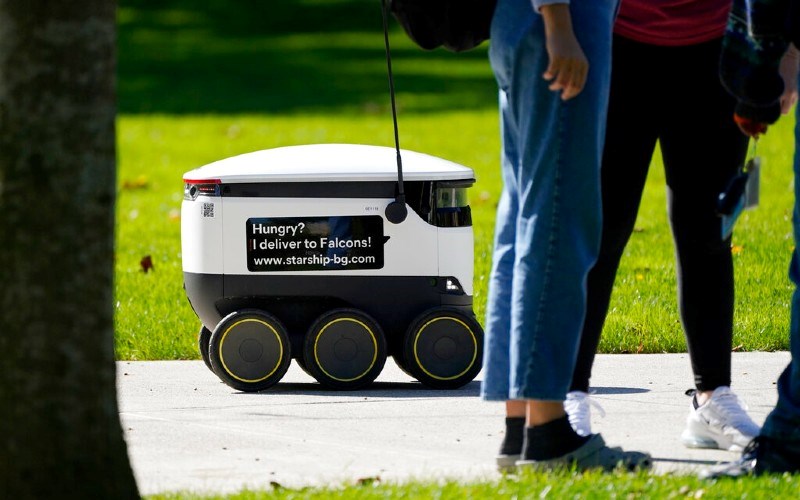In an op-ed for The Hill earlier this month, Merrill Matthews, Ph.D. of the Institute for Policy Innovation wrote that Biden's policies actually are creating jobs … for robots. He quotes statistics offered by the president of an automation trade association.
"Robot purchases over this year are significantly up from last year," Matthews notes. "And [the Association for Advancing Automation is] saying the reason for that is because … 'while advances in robot technology, ease of use, and new applications remain key drivers in robot adoption, worker shortages in manufacturing, warehousing and other industries are a significant factor in the current expansion of robot use that we're seeing now,"" Matthews quotes.

But those worker shortages, he writes, can be attributed directly to policies coming out of the Biden administration:
"While Biden's policies may be pricing potential workers out of the market, he has also passed, or is promoting, policies that make it easier not to work. From pandemic relief checks, to enhanced unemployment benefits, to child tax credits and more, Biden and progressives are making unemployment, if not profitable, at least acceptable."
The IPI resident scholar acknowledges that various factors make robots a good alternative to humans – such as the cost of health insurance, the push for higher wages, and the fact that some employers are increasing the wages just to keep workers coming back.
"[Robots] don't get sick, they don't demand pay raises, and they don't demand paid time off or family leave," says Matthews, pointing to a quote in the op-ed.
Many of the unfilled jobs the U.S. is seeing right now are in the service sector – and Matthews writes that's where robots are making new inroads.







